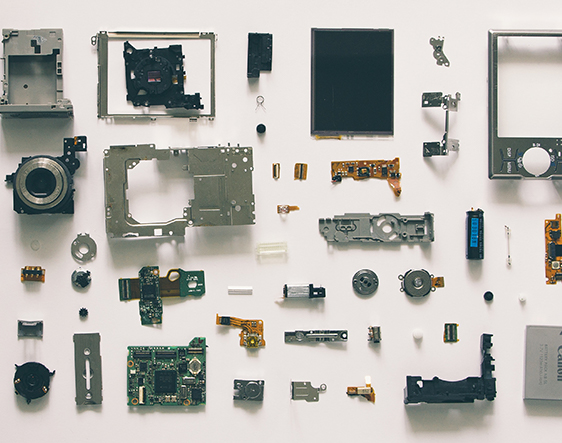To ensure the international competitiveness of engineering in the UK, and to meet the government’s ambitions as set out in the Industrial Strategy, more girls and young women need to study engineering-related subjects. Contributor Dr Joe Marshall, CEO – National Centre for Universities and Business.
In the seven years since setting targets, the proportion of female engineering and technology undergraduates hasn’t changed. Once on an engineering pathway, women clearly see it as rewarding, with the proportion of female UK engineering professionals doubling since 2012 (from 5.5% in 2012 to 11.8% in 2018). However, there is more to be done in attracting girls into the possibilities of engineering at an earlier stage. Universities and business must work closer together to bring more girls and young women into engineering education.” said Dr Joe Marshall, CEO, National Centre for Universities and Business.
The NCUB’s Talent 2030 dashboard tracks educational targets to encourage girls into careers in engineering. There has been some progress – the number of girls studying GCSE physics hit gender parity last year, and the number of female postgraduates in engineering and technology hit the 25% target. However, the needle has barely moved in the number of girls studying Physics A-Level and at undergraduate level leaving the UK a long way off from reaching a large potential engineering talent pool.
To help, the National Centre has today launched its annual Talent 2030 National Engineering Competition for Girls, as part of the Year of Engineering. To encourage female students to consider careers in engineering, manufacturing and technology, the competition asks them to solve a twenty-first century problem. Open for entries until 6pm on 14th December, the competition winner will be awarded £1000, student membership to the Women’s Engineering Society and will get the opportunity to exhibit to thousands of people at The Big Bang Fair next year.
The Talent 2030 National Engineering Competition for Girls is sponsored by organisations committed to encouraging more women into engineering: Rolls-Royce, Centrica, PepsiCo.
Nicola Swaney, Education Outreach Manager at Rolls-Royce said, “Rolls-Royce sponsors the Talent 2030 National Engineering Competition for Girls as we want to encourage more girls into STEM. The enthusiasm and inventiveness in the competition entries proves girls have a natural aptitude for engineering, and I’m looking forward to welcoming the 2018 competition winners and runners-up in their visit to Rolls-Royce next year.”









